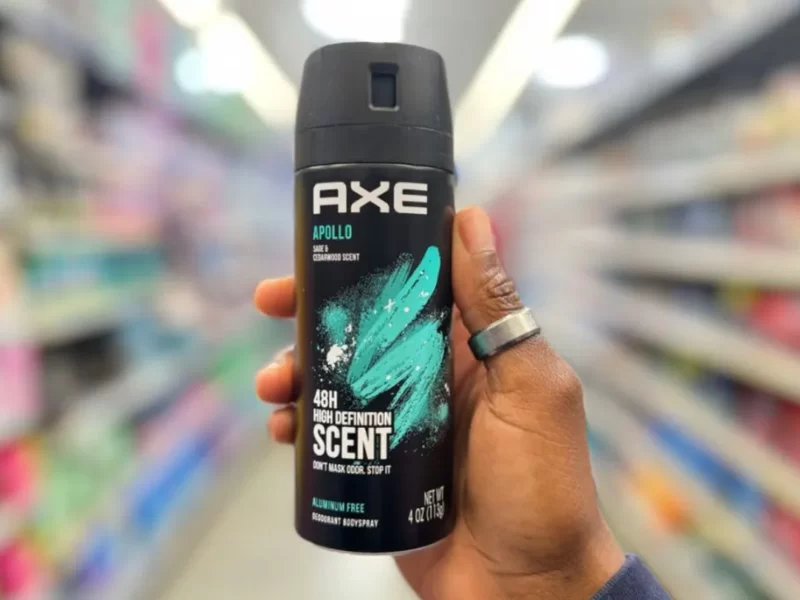- 1 - Why the Question Matters
- 2 - Ingredients in Axe Body Spray
- 3 - Understanding Potential Health Risks
- 4 - Scientific Research on Cancer Links
- 5 - Stories That Fueled the Concerns
- 6 - Expert Opinions and Health Guidelines
- 7 - Safe Usage Tips for Consumers
- 8 - Alternatives and Healthy Choices
- 9 - Trusted Resources for Guidance
1. Why the Question Matters
The question “can Axe body spray cause cancer?” has circulated for years, fueled by concerns over chemical exposure and personal health. With grooming products being part of daily life for millions in the U.S., it’s important to separate fact from fear. Understanding what’s in these sprays, how they interact with the body, and what science says helps consumers make confident choices.
2. Ingredients in Axe Body Spray
Axe body spray contains alcohol-based solvents, fragrances, and propellants to deliver its iconic scent. Some ingredients—like parabens, phthalates, or synthetic fragrances—have been scrutinized in broader cosmetic debates. While not all sprays contain these specific compounds, transparency in labeling remains a hot topic among health-conscious buyers.
3. Understanding Potential Health Risks
Concerns typically center around long-term exposure. Fragrance chemicals may irritate sensitive skin or respiratory systems, especially with overuse in poorly ventilated areas. Aerosol propellants can also affect indoor air quality. However, none of these risks equate to direct evidence of cancer, though ongoing research continues to evaluate safety thresholds for repeated use.
4. Scientific Research on Cancer Links
Current research does not support a direct link between Axe body spray and cancer. Agencies such as the FDA and American Cancer Society have not flagged mainstream deodorants or body sprays as carcinogenic. Some studies do explore potential risks associated with certain preservatives or chemicals in cosmetics, but results are often inconclusive or limited to very high exposures not typical of daily use.
5. Stories That Fueled the Concerns
Viral social media posts in 2022 claimed that body sprays, including Axe, contained "hidden carcinogens." These stories gained traction but were often based on misinterpreted studies or non-peer-reviewed claims. While they sparked healthy conversations about personal care safety, many experts clarified that no definitive evidence tied these sprays to cancer risk in real-world use.
6. Expert Opinions and Health Guidelines
Dermatologists and toxicologists emphasize moderation. Spraying in well-ventilated areas, avoiding direct inhalation, and checking product labels are practical steps. Regulatory oversight in the U.S. ensures that consumer sprays like Axe must meet safety standards before hitting the shelves. This provides reassurance for those worried about hidden dangers.
7. Safe Usage Tips for Consumers
To minimize risks, experts recommend:
- Apply sprays to clothing rather than directly on skin if irritation occurs.
- Avoid spraying in enclosed spaces to reduce inhalation.
- Store products away from heat to prevent aerosol hazards.
- Rotate products if you have allergies or sensitivities.
Simple practices can make daily use both safe and enjoyable.
8. Alternatives and Healthy Choices
For those still concerned, natural or fragrance-free deodorants provide alternatives. Many eco-conscious brands now offer aluminum-free and paraben-free options. Exploring healthier substitutes has become easier thanks to rising demand in the U.S. market. Platforms like Scent Snob showcase curated options that combine safety with appealing scents.
9. Trusted Resources for Guidance
Reliable health information comes from peer-reviewed studies, government agencies, and medical professionals—not viral posts. Staying informed through trusted outlets ensures consumers can enjoy their favorite sprays while staying health-conscious. For those seeking safer alternatives or curated recommendations, Scent Snob provides trusted resources tailored to modern preferences.


0 comments